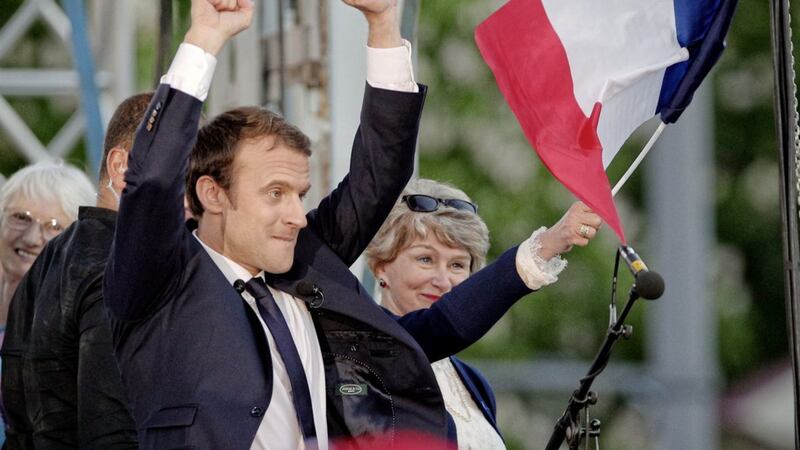For months, even years, the recent French Presidential elections have lurked in investors’ collective subconscious, growing in menace with every poll that told us of Marine Le Pen’s creeping popularity. Identified by many as the key risk for this year - the catalyst for the beginning of the end of the euro, Marine Le Pen’s predicted ascension to the Presidency formed the centrepiece of the alleged popular revolt against globalisation and all its gilded disciples. However, the euro endures for now and may even be showing tentative signs of flourishing. Meanwhile global trade, the vehicle often blamed for delivering populism onto Western economies, is showing similar signs of life. US stocks are again making new all-time highs, while the markets ‘fear gauge’, the VIX, has sunk to levels not seen since the early 1990s.
Donald Rumsfeld was laughed at when he said it, but his now clichéd musings on the ‘known knowns’, ‘known, unknowns’ and ‘unknown unknowns’ still provide us with the most succinct and semantically accurate framework for viewing the surprises, both positive and negative, that the future will dump in our laps.
Underneath all of this, but central to investment portfolio performance, remains the ongoing progress made by the world economy. The continuing interaction of the learning curve with new technology remains a powerful and durable driving force, one which the last few hundred years of history tell us we are far better off betting with than against. However, to the evident frustration of some analysts, this growth environment, described on a quarterly basis by GDP data and more regularly by other series, does not map precisely to quoted corporate earnings. The trend level of global and national output growth matters, but more as a means of understanding the approximate climate for businesses, governments and consumers rather than in the precise, month-to-month fashion demanded by much of the commentariat - contrast this quarter’s soft US output data with what looks to be the strongest quarterly earnings growth from US companies seen since the end of 2011.
First quarter earnings reports all around the world and across most sectors are showing the kind of pep that the survey data has been telling us about since last summer. High, but far from asphyxiate, equity valuations in the US are not an impediment to further upside whilst the prospects for earnings and dividend growth continue to look so healthy. Meanwhile the European corporate sector may finally be rewarding stretched investor patience by starting to make good that yawning earnings chasm relative to their peers in the US.
Even after the French Presidential election, there remain plenty of things to worry about - there always are. Unknown, unknowns are part of it as well as all the usual cast of current favourites from resurgent protectionism to an imminent Chinese economic apocalypse. However for the moment, the dominant factor influencing our tactical portfolio is that increasingly robust global economic backdrop and the effect that will continue to have on corporate earnings and dividends and, further down the road, inflation. Diversification across geographies and asset classes remains the best and least expensive way of protecting yourself against that unknowable future in our opinion.
Jonathan Dobbin (jonathan.dobbin@barclays.com) is head of wealth and investment management NI at Barclays. He can be contacted on 028 9088 2925








